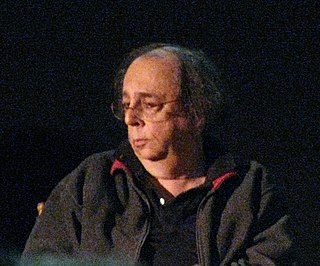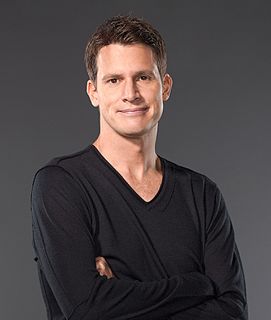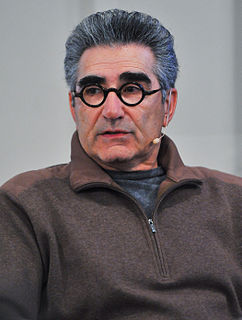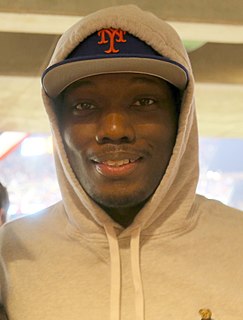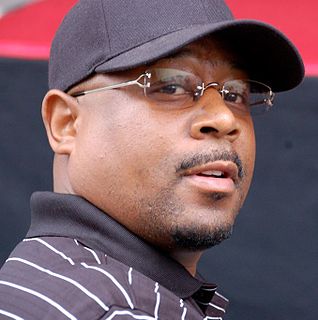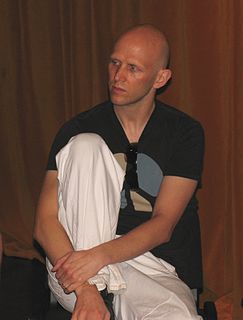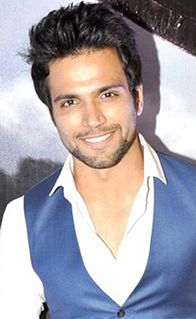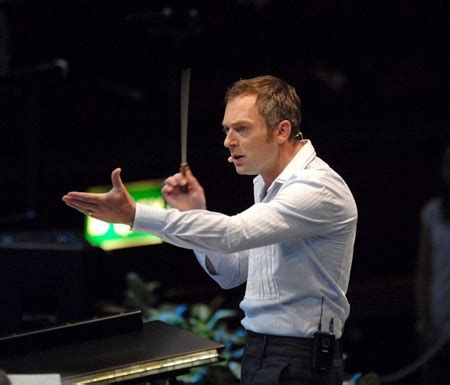A Quote by Jim Gaffigan
For me, stand-up comedy is a conversation between me and the audience. I have to keep them listening. When I'm making jokes about cake for twenty minutes, I have to make sure my audience is interested and following where I'm going.
Related Quotes
An aspiring comedian must be determined to get to his or her true feelings on a subject and convey that to the audience. Figure out what you're feeling or interested in because the goal is to get the audience interested in what you're interested in. Good stand up comedy is drawing people into your head.
I'm going to be cremated from the neck down. And at my funeral, when people are talking about me, they have to hold my head. And then at the end, they have to kick me into the audience and the audience has to keep me up for at least three hits or you have to start the whole service over. No cradling it - I want legit sets.
The difference when I'm writing a story versus writing a joke is that writing a joke is so much more about the structure and it's less about the conversation. To me, the thing that I love about stand-up is the intimacy between performer and audience.To get it even more conversational was something that really appealed to me and that I really enjoyed doing. My early experiments with it, with just telling a story from my life on stage, it was so satisfying to do. And seemingly for the audience as well. It's a different thing, and it's a different feeling and a different vibe.
That's one of the things about comedy that annoys me the most from a comedian perspective. Comedy has gotten so segregated. Now it's like if you don't agree with somebody, you probably aren't going to like their jokes. I think comedians are starting to write for their audience and not towards the country.
I make comedies and I always try... I don't try but I allow to have at least 5% of the jokes or have some jokes that I know will be understood by only about 5% of the audience. It's that guy in the corner who gets it and laughs. But he has to have his jokes too. That's part of my audience. Part of my audience is the people who will only get certain things.
. . . I felt that making her one-dimensional would be an insult to the audience, and also not as interesting. All destructive people have an inner side to them, and the more three-dimentional your characters are on screen the more compassion you can open up in an audience . . .. To me, that involves the audience more, it stimulates them and asks more of them.
As an actor, you should always keep your trump card hidden from your audience. I want the audience to keep expecting more and more from me. I want to do 'different' work - good and memorable roles - so that audience appreciate me more. That's why I love to surprise my audience with something they never expect me to do.
It still amazes me how many musicians aren't really interested in engaging with their audience at all. Alfred Brendel, a pianist for whom I have the greatest respect, has described performance as a sacred communion between the artist and the composer. But what about the audience? Music is communication, a two-way street.



